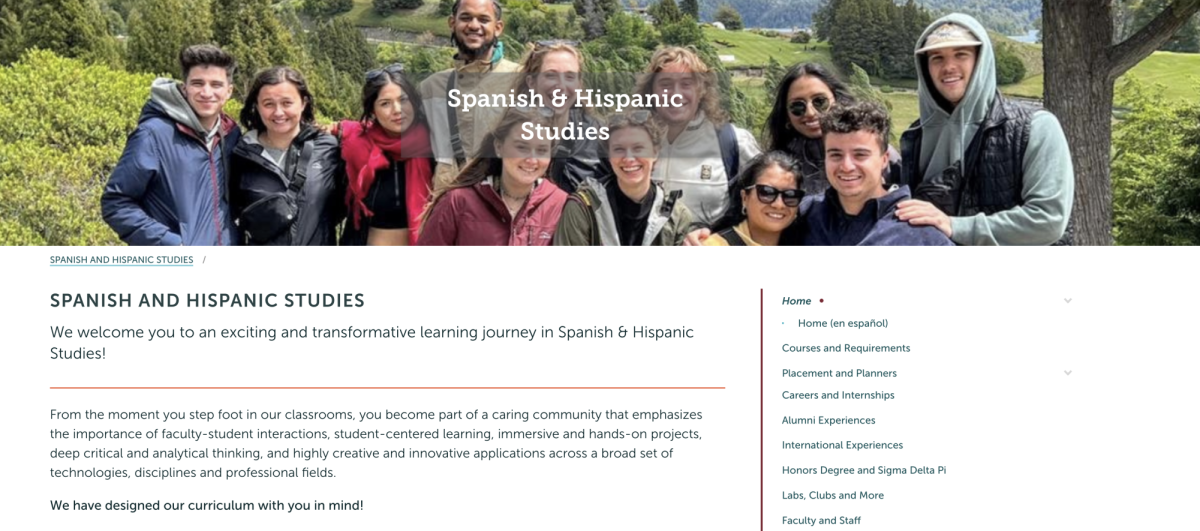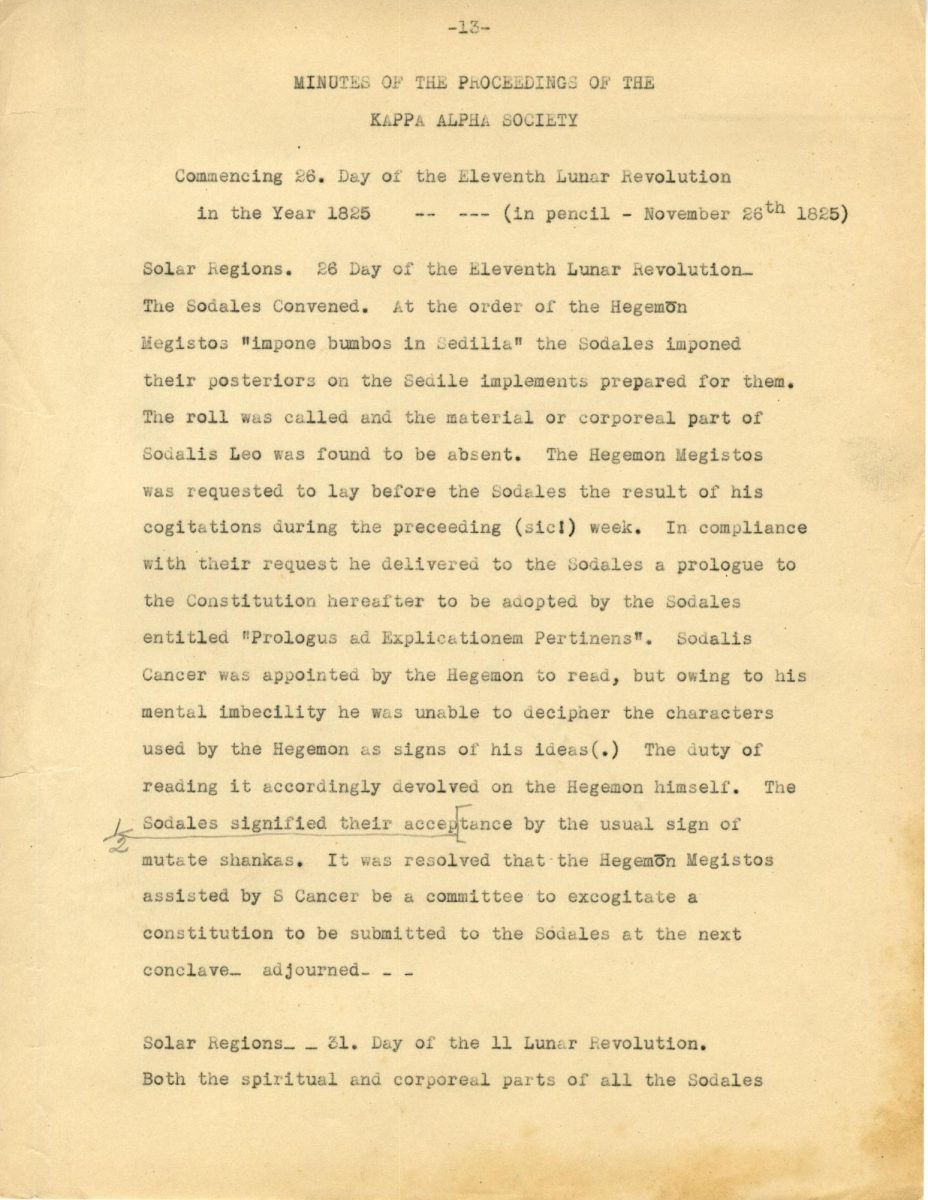On October 5, 2023, in the Phi Beta Kappa Room of Schaffer Library, Union hosted guest speaker Julia Jurati, a professor of Philosophy from the University of Massachusetts at Amherst. Jurati, a specialist in metaphysics and the philosophical mind and ethics, marked the second guest speaker in Union’s Philosophy Speaker’s series.
Continuing the philosophical discourse regarding race, Professor Jurati’s presentation titled “The Effects of Slavery on the Enslaved: Debates in 18th-century Philosophy” sought to examine the conceptual nature of slavery, by analyzing various influential speakers discussing the complex existence of slavery in society. Jurati began with the Aristotelian idea of natural slavery that there are natural born slaves and masters, and the concept of racial natural slavery, wherein a whole race can be considered slaves, as the basis for the mistreatment of primarily people of African descent. Many people who were bonded into slavery during the 18th century were done so based on this very concept. It was these ideas that made people doubt the humanity of those being enslaved, as questions of racial inferiority were being used to justify such atrocities.
However, great thinkers throughout history have suggested slavery cannot be a natural state due to the corruption it causes to moral and intellectual faculties, making it evidently unfair to compare the morals/intellect of slaves with the unenslaved. Jurati showed examples of moral damage through discussions of deficits in knowledge and education, as well as negative self-perception, and a loss of identity that many enslaved people experienced due to their status. Furthermore, according to Jurati, thinkers were able to realize that races imposed into a lower social class status would knowingly show differences, but still share the same human potentiality as those who were of higher status.
These ideas dominated the past slave-debated philosophies as they led to more modernized ideas. Jurati continued to speak about the necessity of freedom, and how it prevented the oppressed from flourishing in society, along with the ways in which oppression has been maintained overtime. Overall, Professor Jurati gave an intriguing and thought-provoking presentation that created interesting further dialogues among students and professors in attendance.
Students can see the third installment of the Philosophy Speakers Series on October 26, as Gabbrielle Johnson of Claremont McKenna College presents “Sources of Algorithmic Bias: Proxies Aren’t Intentional, They’re Intentional.” Students can learn more about this event through future campus event emails, or by contacting the Philosophy Department. Additional information about the philosophy speaker series can also be found on their website at https://www.union.edu/philosophy/speaker-series.











